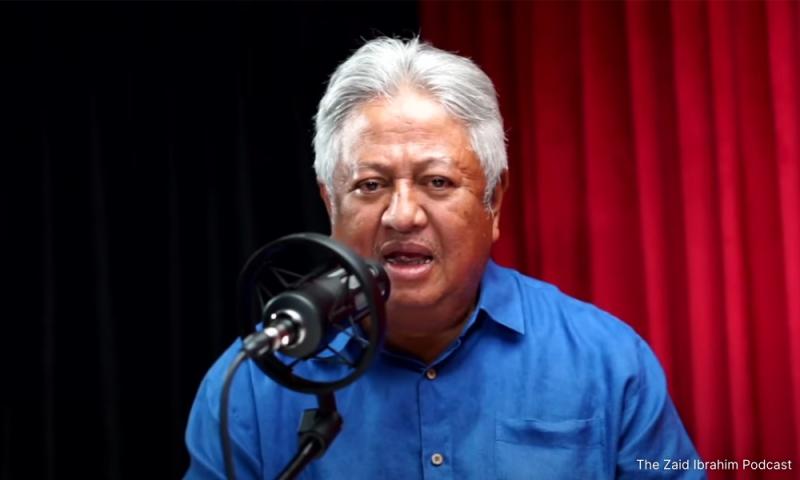I refer to the BBC News report Sarkozy speaks out against burka .
I strongly believe that it would be very wrong for France (or any other government) to ban, discourage or restrict any form of ethnic or religious clothing (or practice), if they do it with the following purpose:
- out of intolerance for Islam, or the religions of any minority groups, or to force minorities to adopt the majority culture, thereby assimilating them.
If my religion requires the wearing of the ‘burka’, my religious community must be free to encourage and promote it without undue interference from the government, as long as we respect just laws and human rights.
The secular nature of a country must never, never be used an an excuse for the denial of anyone's religious and cultural rights.
However, we cannot deny that women are still oppressed, both by their families and communities. Sometimes, this oppression is even justified in the name of religion, culture and tradition.
An example would be the ancient Hindu/Indian practice of suttee, where a widow would be burnt to death on the funeral pyre of her husband.
If France were to face a suttee problem today and ban it, I'm sure all of us would praise France, because we all (hopefully) realise that killing people violates their human rights.
Granted, suttee is a very extreme and extinct example, but there are many other examples of the oppression of women which still exist today.
These include forced marriages, ‘honour killings’, female genital mutilation, ‘domestic’ violence, exclusion from national and public life, subservience at home, unequal treatment, etc. We face similar injustices in Malaysia, too.
So, in my opinion, the French ‘burka’ issue must be decided based on two questions:
- What is the motive and objective of the French government? Do they have a hidden agenda behind this condemnation of the ‘burka’?
- What do Muslim women in France really want? Does the ‘burka’ in any way oppress them & are they in any way being coerced into wearing it?
In order to find the answers, there needs to be respectful, open and honest dialogue within communities and between them with no prejudice and stigma attached to minority cultures and religions.
At the same time, religious communities should take the initiative to engage with governments to discuss issues vital to national harmony. Most importantly, the views and wishes of Muslim women (who are directly affected by this ruling) must be heard and respected.
The desired end result must be the freedom to rightfully practice one’s religion and culture and the upholding of human rights for all.
Each of us has the right to choose what we believe in, wear and do; therefore, if I want of my own free will to wear a ‘burka’, no government should ever unreasonably stop me.




